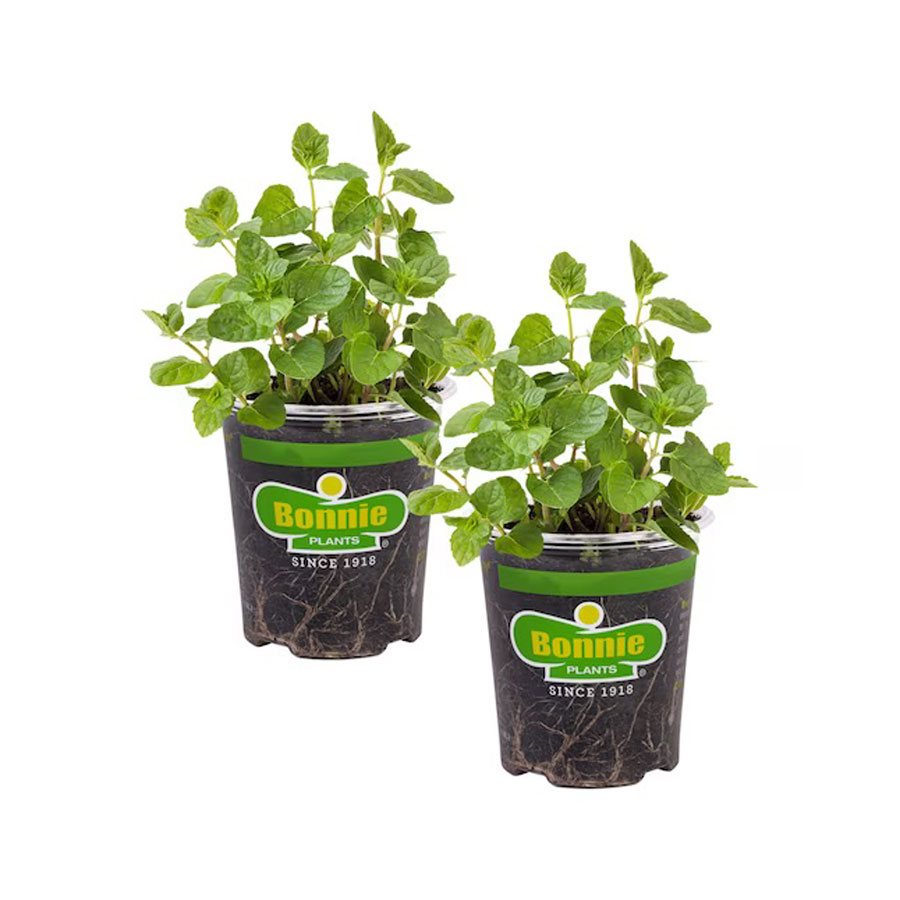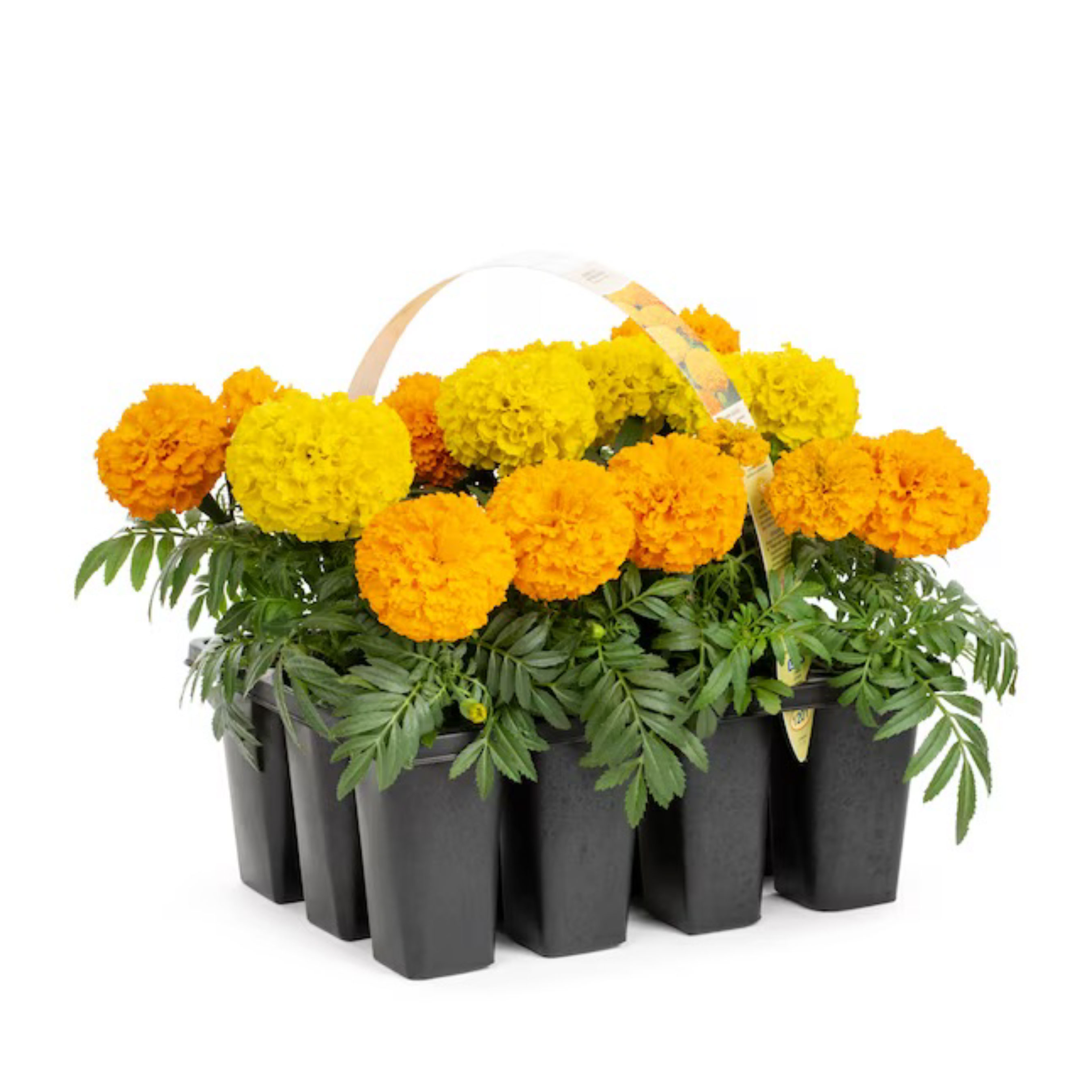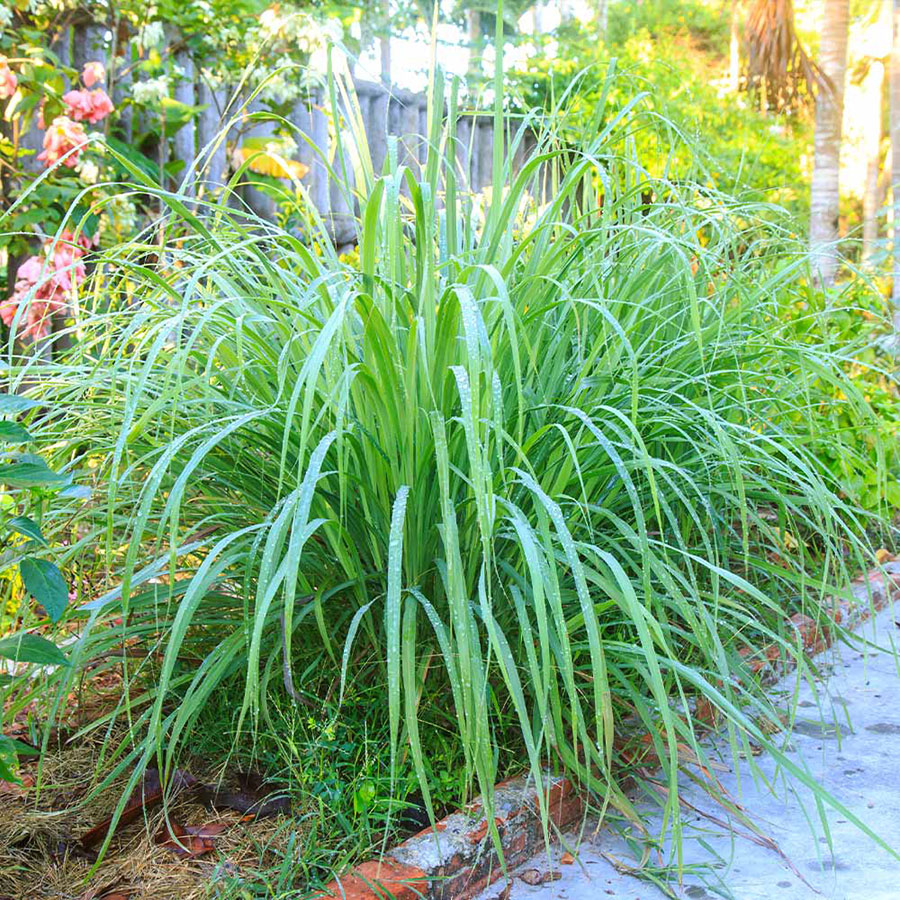How can I keep wasps out of my backyard? 3 plants to grow, and one to avoid, to keep these pests at bay
Here's what to plant to deter wasps and enjoy your backyard this summer, according to the experts

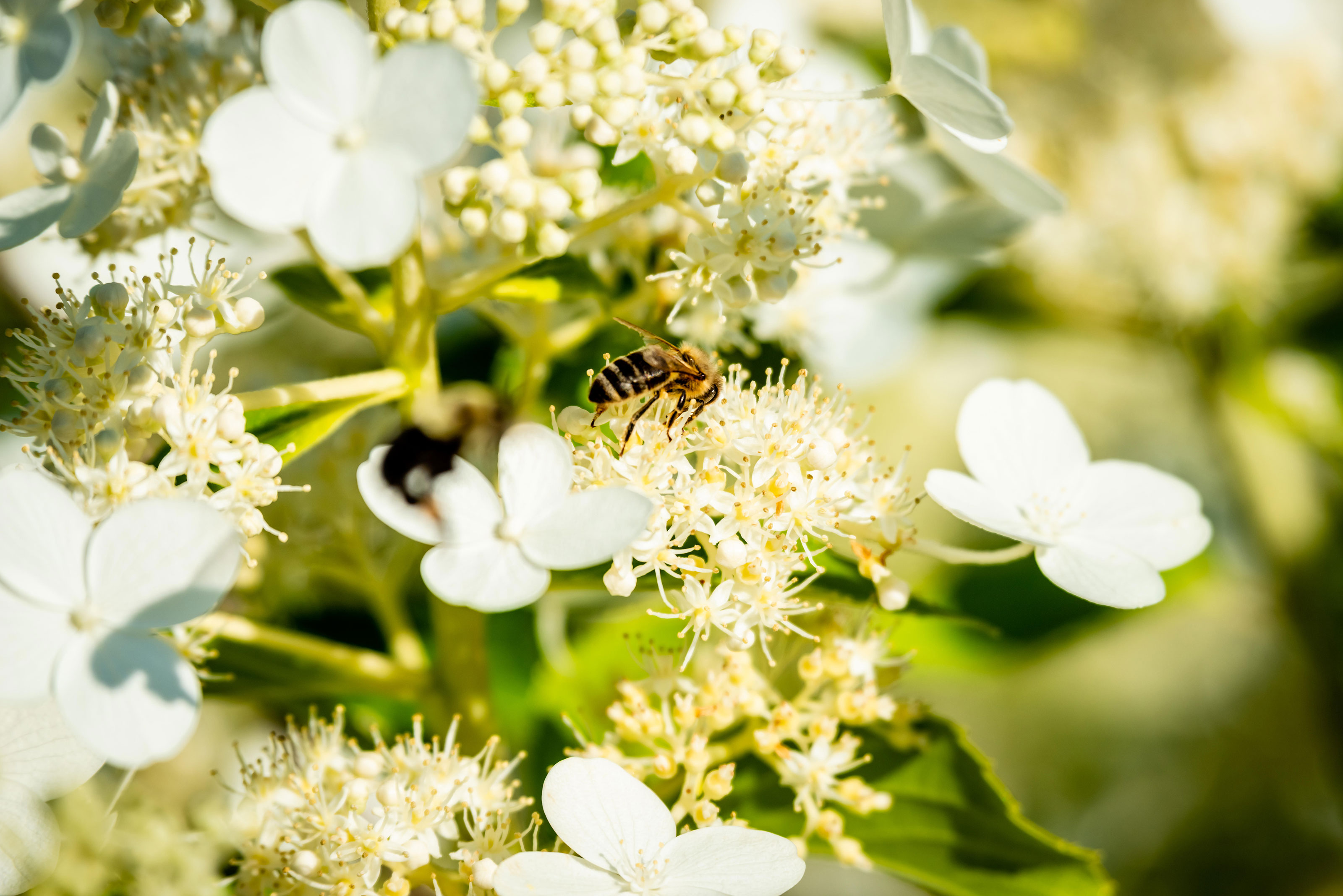
Wasps are, generally, always unwelcome guests in our backyards, and we are always looking for ways to ward them off. While there's many tricks that promise to help keep wasps away, from putting coins in a jar of water to setting up fake nests, they seem to have a limited success rate. The better option? Embracing some natural deterrents that wasps can't stand.
After speaking with gardening experts, we've discovered the best natural solution to our pest problem in the form of wasp-repellent plants.
According to our knowledgeable horticulturalists and pest control experts, certain plants can be used to reduce the number of wasps in your garden, whilst other plants will cause an influx. Check out their recommendations to ensure you can enjoy your backyard without fear of these unwanted visitors.
1. Mint
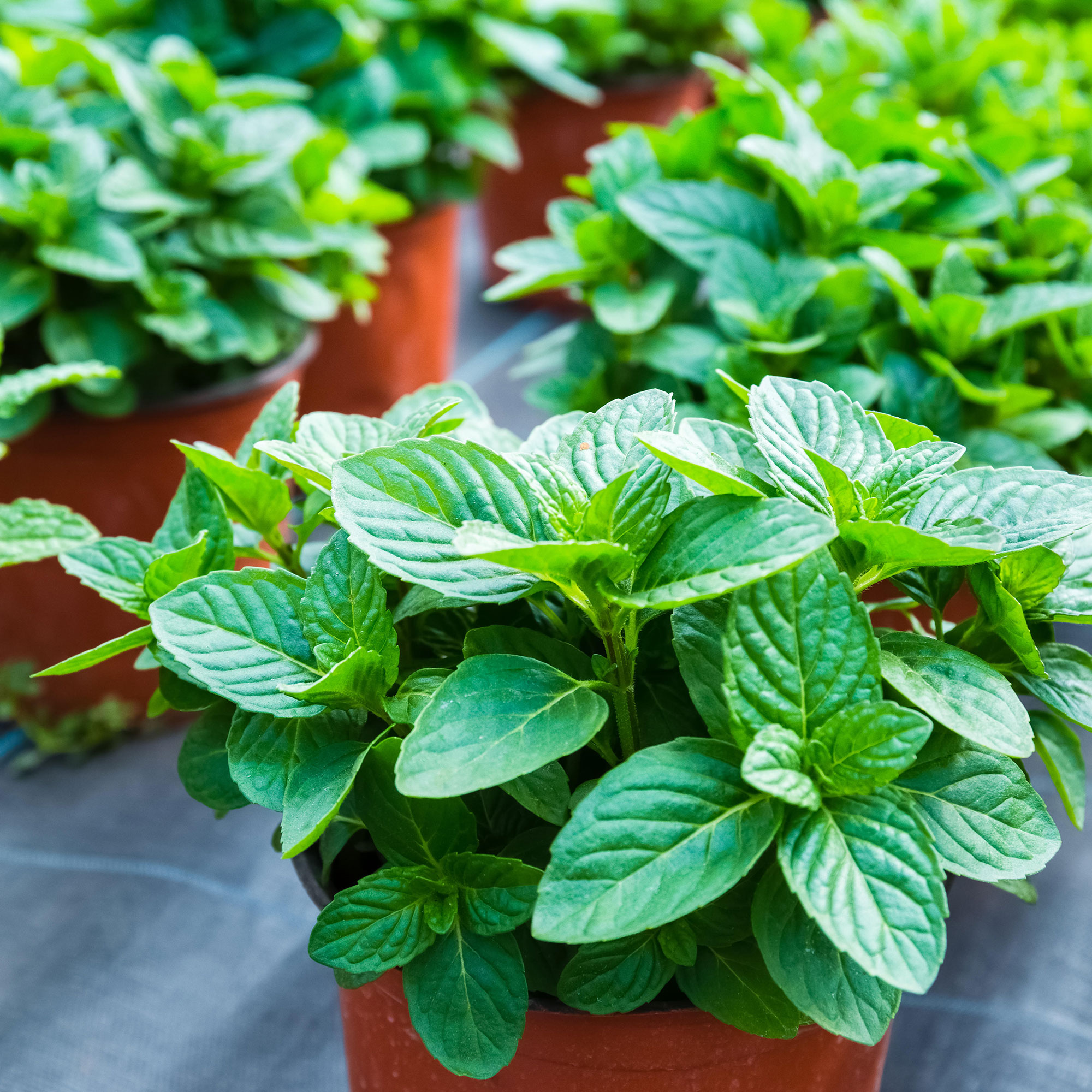
‘Wasps hate mint’ is the top-line advice from John Melchior, owner of Kapture Pest Control in New Jersey.
Mint is one of the most effective plants at deterring wasps, thanks to one particular quality. ‘This plant's strong scent is a natural wasp deterrent, making it an excellent choice for minimizing wasp visits,’ says expert gardener Tony O'Neill.
While we love the aroma it brings to our garden wasps will want to stay well clear of the scent, and fortunately, it's probably one you already have in your herb garden. Consider planting some more plants near where you serve food and drink to keep the wasps at bay and to have it on hand whilst making a mojito!
2. Eucalyptus
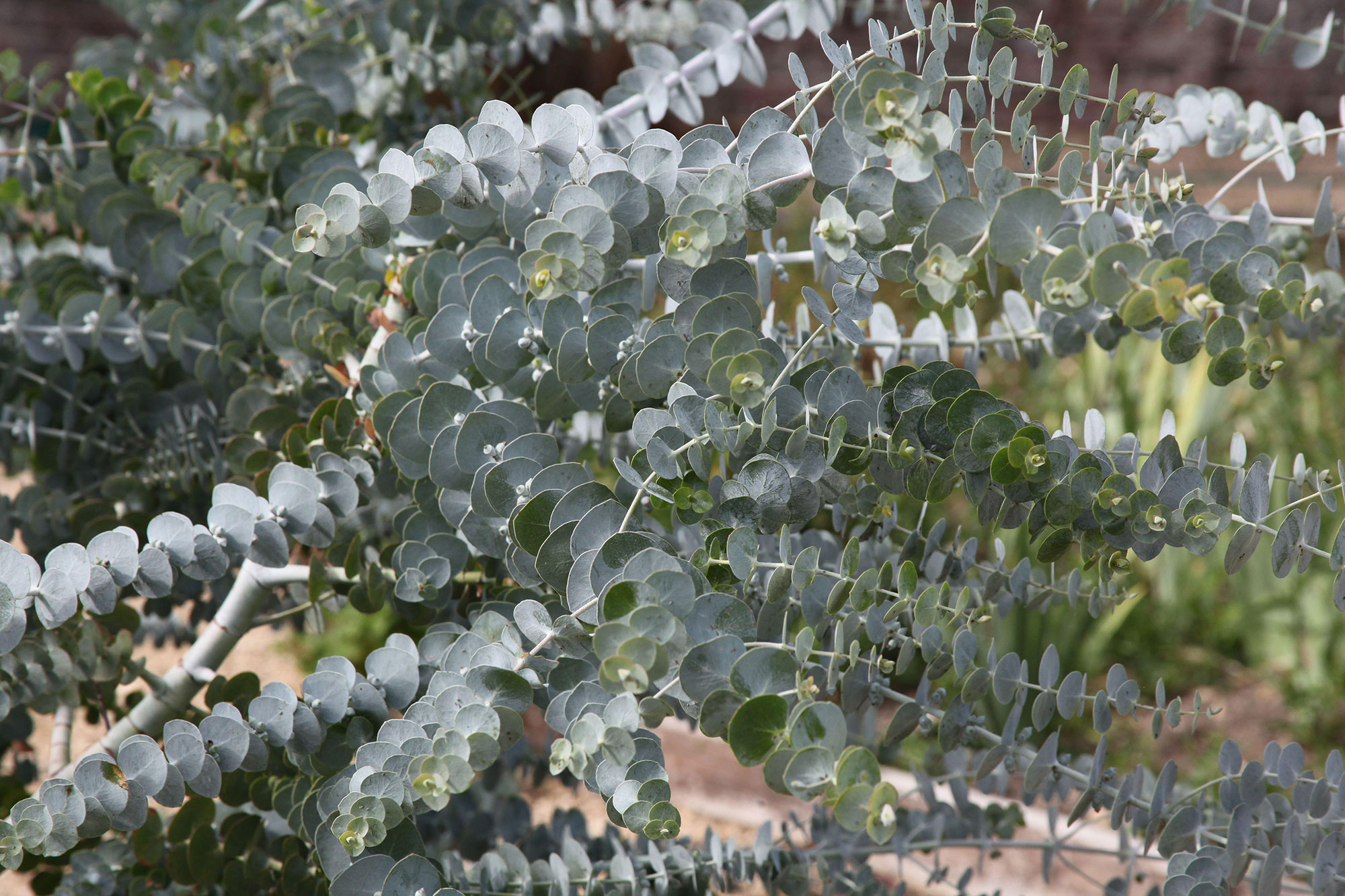
Another great wasp-repellent plant is eucalyptus. Known for its therapeutic benefits and botanical properties, and is often featured in trendy bouquets, can also help your space remain pest-free.
The Livingetc newsletters are your inside source for what’s shaping interiors now - and what’s next. Discover trend forecasts, smart style ideas, and curated shopping inspiration that brings design to life. Subscribe today and stay ahead of the curve.
‘Planting a few eucalyptus can be an effective repellent, wasps don’t like the smell,’ says Tony. Equally, this scent can be utilized in the home through essential oil blends and diffusers. Luckily, we don’t mind living in a cloud of this fragrance.
3. Marigolds
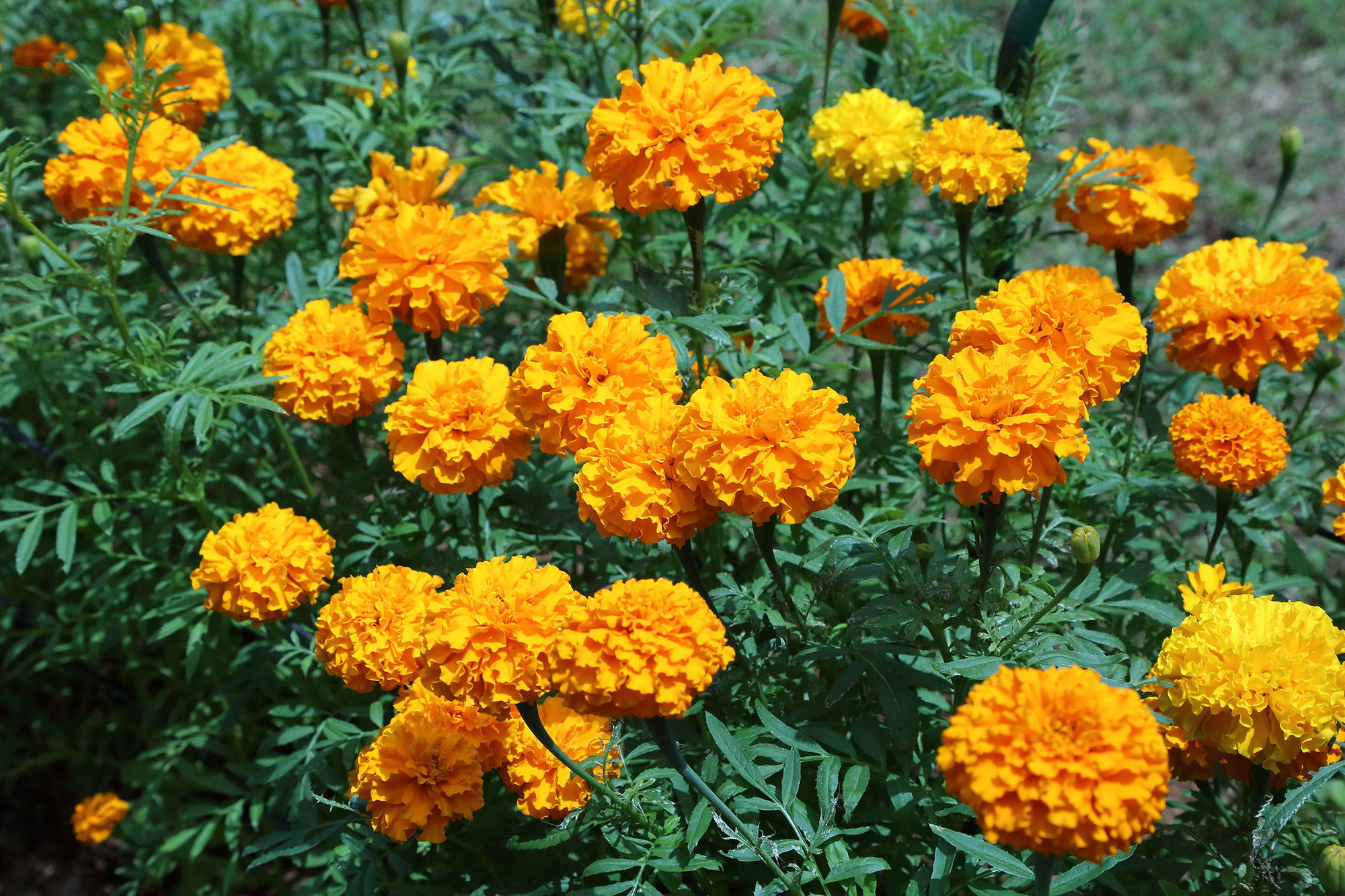
Marigolds are small but mighty when it comes to warding off wasps. ‘The potent scent of marigolds acts as a deterrent not just for wasps but also for other garden pests,’ says Vincent Luca, owner of On Demand Pest Control. ‘They can be a good option if you're short on space as well. Not only do they add vibrant colors to your backyard they are unattractive to wasps,’ advises Tony.
Their bright flowers make them a wonderful addition to flower beds on their own so no need to attempt to hide this natural pesticide.
What makes a plant wasp repellent?
You may have noticed a theme within these recommended plants. Wasps are incredibly sensitive to smell. Citronella is a key component of this. ‘Known primarily for its ability to repel mosquitoes, citronella is also effective in deterring wasps. Planting citronella grass or using citronella oil can effectively keep wasps at bay,’ says Vincent. Similarly ‘Lemongrass, with its high citronella content, is known to repel a range of insects, including wasps,’ says Tony.
Along with citronella and lemongrass, there are a few other smells to be aware of, including thyme and penny-royal. Although these recommendations are tried and tested Tony gives an important reminder: ‘Remember, these plants are deterrents, not guarantees. They will help minimize wasp visits, but you might still see a few wasps occasionally.’
Where should you plant them?
What you plant is only as effective as where you plant it. Making strategic placements of your plant deterrents is important in ensuring your plants have the best opportunity to repel. ‘These aren’t the prettiest plants to place in the garden, but they can be most beneficial in the areas where wasps most like to build their nests,’ says pest control expert John. 'For example protected spaces near sources of weathered wood (the number one material they use to craft their homes). A pot of mint and eucalyptus at your door or on either side of the garage, for example, might convince wasps to look at your neighbors’ homes instead.’
If you have a beautifully landscaped garden filled to the brim with flowers and fruits, you don't have to rip it all out to replace it with mint. Instead, make a few subtle and clever placements to reduce wasps. ‘A few additions of the wasps’ least favorite plants in some well-thought-out locations should improve your chances for wasp-free outdoor enjoyment,’ says John.
But if you are starting your garden from scratch consider these helpful tips from John: ‘think about keeping the wasp-attracting plants far from the house, and plant the repellent plants close by. A creeping thyme (a type of walkable groundcover plants) between the pavers on the walkway from your driveway to the front porch, for example, offers a sensory treat for you and a "No Trespassing" message to the wasps looking for a nice new neighborhood.’
Which plants attract wasps?
Just as there are plants that deter, there are also plants that attract wasps.
Unsurprisingly wasps are attracted to the most beautiful and most sweet-smelling plants. ‘As far as your backyard goes, wasps are attracted to two things: fruits and flowers. So, if you don’t want to attract wasps, don’t plant trees, bushes or vines that produce sweet fruits,’ says John. ‘Fragrant flowers are another no-no. Wasps eat their nectar, and hunt for smaller insects that feed on the blooms or their leaves, stems and root systems.’
However a backyard without flowers is a garden without joy, so follow the helpful tips previously outlined to keep your outdoor space looking beautiful whilst reducing your unwanted visitors.
Top buys for repelling wasps

Formerly a news writer for Livingetc, Amy completed an MA in Magazine Journalism at City, University of London, and has experience writing for Women’s lifestyle publications across arts, culture, and beauty. She has a particular love for the minimalist aesthetic mixed with mid-century furniture, especially combining unique vintage finds with more modern pieces. Her previous work in luxury jewellery has given her a keen eye for beautiful things and clever design, that plays into her love of interiors. As a result, Amy will often be heard justifying homeware purchases as 'an investment', wise words to live by.
